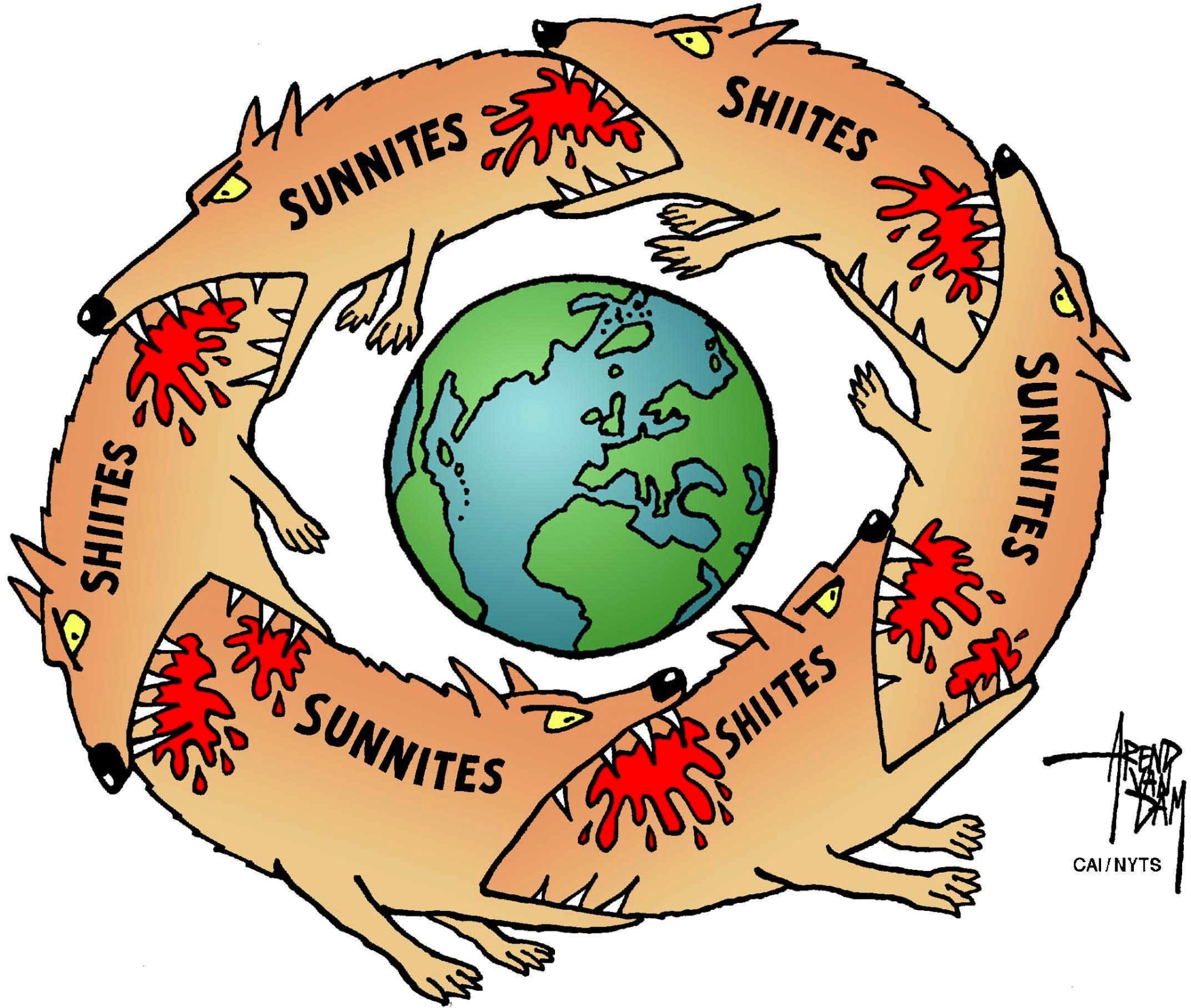For Western policymakers the Middle East remains a nightmare of complexity, second only to North Korea as a threat to global security. The situation stays as confused as ever. It is dangerous to be involved, but equally dangerous to leave.
As experts are fond of warning, everything in the Middle East is connected to everything else. At the time of the so-called Arab Spring the dream was that, with tyrants overthrown, liberty and democracy would spread their wings. But nothing like that has happened. Many of those in the West who called themselves experts in Arab affairs were completely wrong-footed.
Amid a shifting tangle of alliances and rivalries all the countries involved now face major dilemmas in their policy goals and stances — although the dilemmas differ in every case. No unified approach to these issues is either possible or practicable, given the wide variety of circumstances, the fragmentation of old power centers, the rise of nonstate movements, cells and rebel militia groupings on all sides.

















With your current subscription plan you can comment on stories. However, before writing your first comment, please create a display name in the Profile section of your subscriber account page.